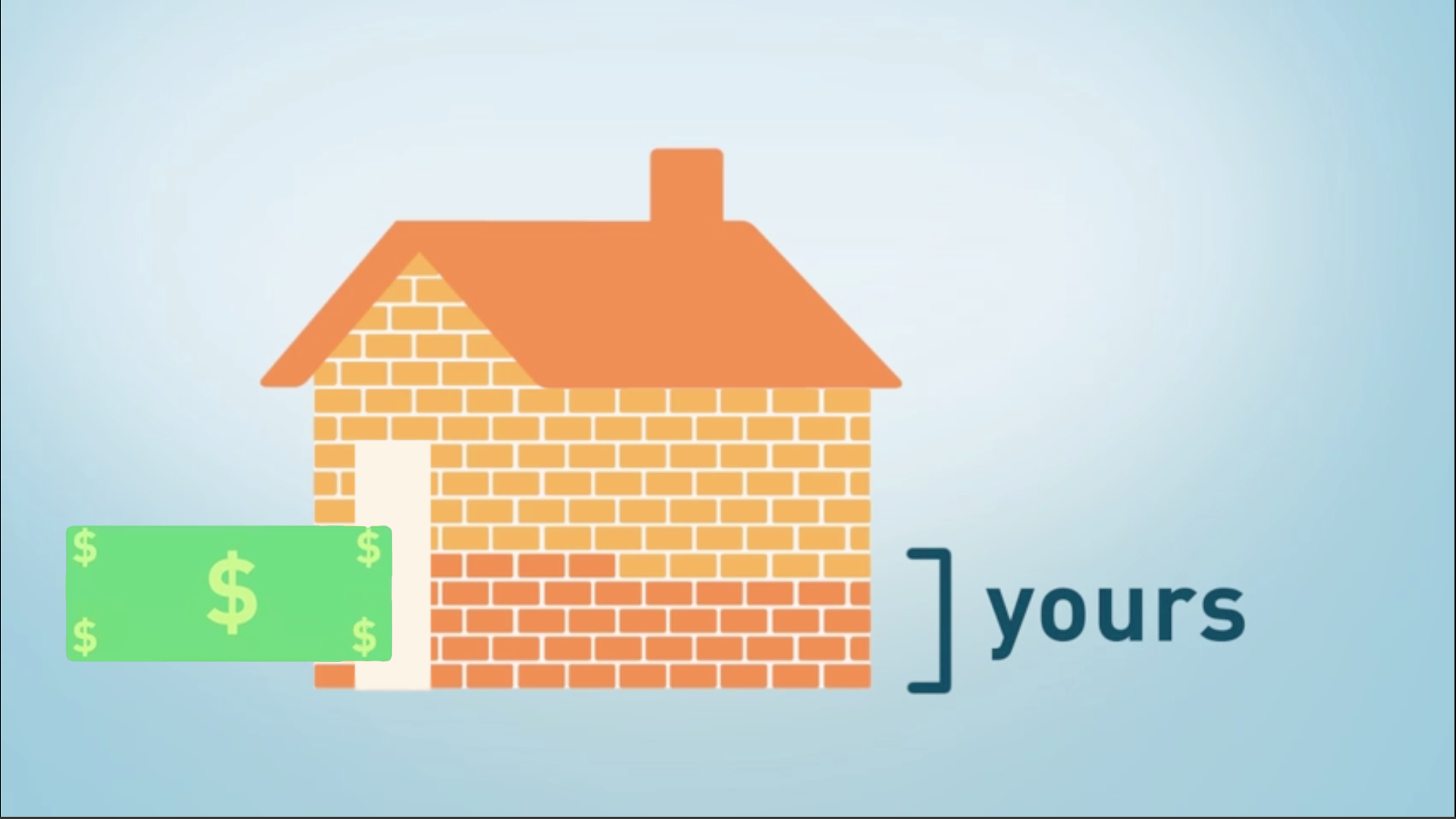United States’s financial institutions, like the majority of organisations, know just how to fill a need when they view one. Debtors who are freelance, have bad credit rating or even are in some way shut out from acquiring a mortgage from a financial institution can easily instead go to non-bank lenders as well as possess an easier opportunity being authorized for a home mortgage, including a non-qualified mortgage loan.
One problem, however, is that as non-bank creditors are actually starting to control the mortgage loan market, much of all of them don’t deliver the same solutions to borrowers that normal financial institutions or cooperative credit union typically do. These feature property equity financings and also property equity lines of credit, or even HELOCs, which are actually utilized through residents to draw equity away from their homes and also make use of the money for home renovations, college bills as well as other expenditures.
As opposed to property capital lendings as well as HELOCs, several non-bank lending institutions deliver cash-out refinances, which can easily also be made use of to purchase residence remodellings and other expenditures including combining financial obligation.
What is a non-bank lender?
Several financial institutions collapsed after the 2008 financial dilemma. Some were actually mortgage loan lending institutions that increased the casing blister by providing fundings to risky borrowers. The mortgage weren’t financed by tapping deposits, as typical banks perform, yet by finance companies obtaining versus credit lines and after that offering the mortgages to clients.
Non-bank lenders have actually rebounded since then, becoming the largest resource of home loan loaning. Non-banks service concerning 51% of all loans packaged in to new Freddie Mac protections, according to a 2018 evaluation through mortgage loan analytics firm Recursion Co. Non-bank creditors stored 9% of all home mortgages given out in 2009.
You may possess observed advertisements coming from non-bank creditors, which usually tend to exclusively provide home loan or home mortgage refinancing. They often do not offer bank account.
Six of the 10 largest mortgage lenders in the USA are non-banks. Non-bank creditors include Quicken Loans, LoanDepot, New American Financing, Prime Lender, Mr. Cooper and also Nationstar Mortgage Loan. LoanDepot as well as Mr. Cooper are actually 2 of the few exemptions that use property equity loans.
Mr. Cooper, which becomes part of Nationstar Mortgage, provides residence equity financings, which it calls closed-end 2nd lien home equity loans. These are fulfilled and also emerged with a 3rd party loan provider, says Kurt Johnson, chief credit report policeman at Mr. Cooper in Dallas. It also uses cash-out refinances, which other non-bank lending institutions additionally carry out.
Why are they growing?
They are actually obtaining market allotment partly given that conventional financial institutions are actually leaving or scaling back their mortgage loan offerings after brand-new individual securities established after the 2008 monetary crisis produced underwriting specifications more durable. Lenders were actually called for to carry out more documentation when vetting customers, which enhanced their prices, and also their liability raised. The banking company Capital One left property home loans entirely.
Non-bank lending institutions saw a financial opening, loading the space by supplying mortgage to individuals along with lower than best credit history. Non-bank lenders do not possess the very same mistake regulations that conventional banking companies have. Also to their perk is actually that they’re independently possessed.
They also have mortgage loan guarantees coming from federal government companies like the Federal Real Estate Administration and the Department of Veterans Issues that will certainly pay back financiers if debtors default.
FHA fundings provide reduced security deposits as well as help fulfill the FHA’s congressional directed to make mortgage loan credit history accessible to the middle lesson. Non-bank finance companies originated concerning 85% of FHA mortgage loans in 2016, up from 57% in 2010, according to the FHA. Much of those finances are to black as well as Latino borrowers, that are more likely to need to have a funding that requires a much smaller deposit, depending on to a Brookings Company report about the growth of non-bank lenders.
Downsides of equity loans to non-bank lenders
Lower-income as well as minority borrowers disproportionately count on non-bank lenders, partly due to the fact that they can not obtain a mortgage loan at traditional financial institutions. They are actually additionally much less likely to get a residence capital funding or even HELOC from non-bank loan providers, the majority of which don’t provide all of them for a handful of explanations.
The largest is actually perhaps loan, or even the shortage of it. They do not create a lot of a monetize house equity lendings, claims Michael Drake, president of PMG House Loans in Stone Gulf, Calif.
” Most non-bank finance companies gain their prices and increase monetize the costs associated with the lending,” Drake mentions, “many of which are located or valued based on the lending volume. HELOCs are usually considerably smaller sized funding amounts yet cost the same to come from, procedure and also close as a standard very first mortgage. This greatly affects a non-bank loan provider’s capability to work at a cost aspect that makes sense.”.
Additionally, HELOC rates of interest are generally adjustable as well as change as the prime rate changes. A modifying price could be testing for a non-bank financial institution to keep, alongside every one of the repairing modifications and any sort of “attracts” the buyer might help make on the line of credit, he says.
” A HELOC is actually a practical financing for home owners,” Drake points out, “simply not always a great option for a non-bank finance company to provide direct to the customer.”.
One more setback of home equity lines is that there isn’t an additional market where non-bank lenders may sell the car loans after they close, says Ben Anderson, branch supervisor at PRMG in Irvine, Calif.
Why go with a non-bank lender
Typical banks may provide lesser rates on property equity loans as a way to encourage customers in the door. However if they do not qualify for a mortgage initially along with an excellent credit history, they might discover it less complicated to get a 1st mortgage at non-bank lenders.
For individuals who have actually experienced a significant credit score celebration in the last couple of years– including a bankruptcy, repossession or even quick purchase– non-bank loan providers can be easier to acquire a mortgage from.
One drawback is that when you’ve accumulated good enough equity in your home and also intend to take a few of it out, it may be hard to locate a non-bank financial institution who will certainly offer you a home equity car loan or credit line. Cash-out refinancing is actually often feasible, yet it can simply create monetary feeling if the cost is lower than what you actually have on your mortgage loan, and you plan on staying in the home for a few years to make up for the costs paid out to get the lending refinanced.
In fact, refinancing is actually a sizable part of business of some non-bank loan providers, according to the Brookings report. That will likely go down if rate of interest climb. Until after that, that leaves behind cash-out refis as the main possibility for non-bank home loan borrowers hoping to draw some extra money away from their house.




